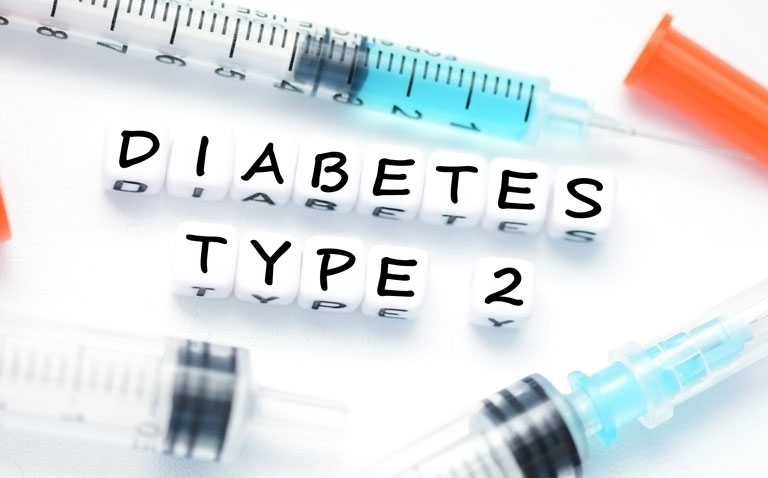The achievement of satisfactory treatment outcomes in diabetes such as good glycaemic control requires a substantial investment in self-management by patients.
The provision of peer support, that is, other patients with the same chronic illness, has been shown in the short-term (up to 6 months) to help facilitate good patient outcomes among those with type 2 diabetes although little is known about the longer term impact of this intervention.
For this new study, researchers from Perelman School of Medicine, University of Pennsylvania, assessed the effect on disease outcomes of peer support for a period 12 months. They conducted a randomised controlled trial in two phases. In the first phase, patients with type 2 diabetes and poor glycaemic control (defined as a glycated haemoglobin (HbA1C) level of greater than 8% on at least two occasions over the previous 24 months, were randomised to either mentoring from peers with well-controlled diabetes or usual care. In phase 2 of the trial, different patients with poor glycaemic control, were randomised to mentoring from those who were mentees in phase 1 or usual care. The prespecified primary outcome as the change in HbA1C from baseline to 6 months and secondary outcomes included change in HbA1C from baseline to 12 months and changes from 6 – 12 months in LDL cholesterol levels, blood pressure and quality of life.
Findings
A total of 487 patients were enrolled in the study; 365 into phase 1 and 122 into phase 2. After 6 months, the mean change in HbA1C was -0.20% in the usual care versus -0.52% in the mentor group (p = 0.06). Furthermore, there were no differences between groups in HbA1C levels after 12 months and the intervention (that is, mentor group) did not affect blood pressure, LDL cholesterol levels or quality of life. Equally, there were no significant differences between groups during phase 2. The authors called for future studies to examine how best to facilitate mentor and mentee engagement to improve disease outcomes.
Reference
Long JA et al. Effect of peer mentors in diabetes self-management vs usual care on outcomes in US veterans with Type 2 diabetes: A randomized clinical trial. JAMA Netw Open 2020;3(9):e2016369. doi:10.1001/jamanetworkopen.2020.16369










